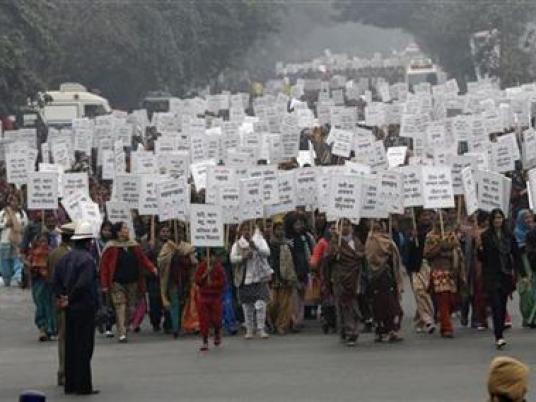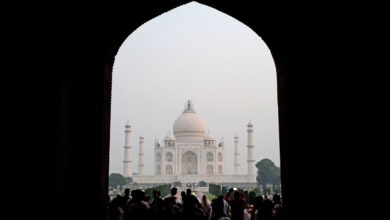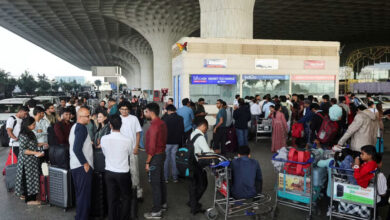
Four men convicted of raping and murdering a woman in New Delhi had their death sentences upheld on Thursday for a crime that caused a huge public backlash against an entrenched culture of violence against women in India.
The victim, a trainee physiotherapist who was raped for an hour and tortured with an iron rod on a moving bus, became a symbol of the dangers women face in a country where a rape is reported on average every 21 minutes.
"The day the murderers of my daughter are hanged, we will feel we have got justice," the victim's mother said after the Delhi High Court confirmed the sentence of hanging handed down by a trial judge last September.
"We hope, even in other such cases, justice will be done in the same fashion," the mother said. Indian law bars the press from identifying rape victims.
Defense lawyers said they would appeal to the Supreme Court, with one denouncing Thursday's decision as politically motivated. India holds a general election in April and May.
"This is not a fair trial," A.P. Singh, representing two of the convicts, told reporters after the ruling by a panel of two female judges. "If the judgment had come after the elections, it would have been in our favor … Clearly, the judges are under political pressure."
Gym instructor Vinay Sharma, bus cleaner Akshay Kumar Singh, fruit-seller Pawan Gupta, and unemployed Mukesh Singh were sentenced to death for their part in the gang rape and killing of the 23-year-old woman in December 2012.
During the seven-month trial, a fifth defendant hanged himself in his cell. A sixth, who was under 18 at the time of the attack, was sentenced to three years' detention, the maximum allowed under juvenile law.
In his original sentencing of the four, the trial judge said India's courts "cannot turn a blind eye to the need to send a strong deterrent message to the perpetrators of such crimes".
If the Supreme Court upholds the sentence, a final decision will lie with the president, who has the power to grant clemency. Indian courts condemn around 130 people a year to death but the sentences are rarely carried out.




